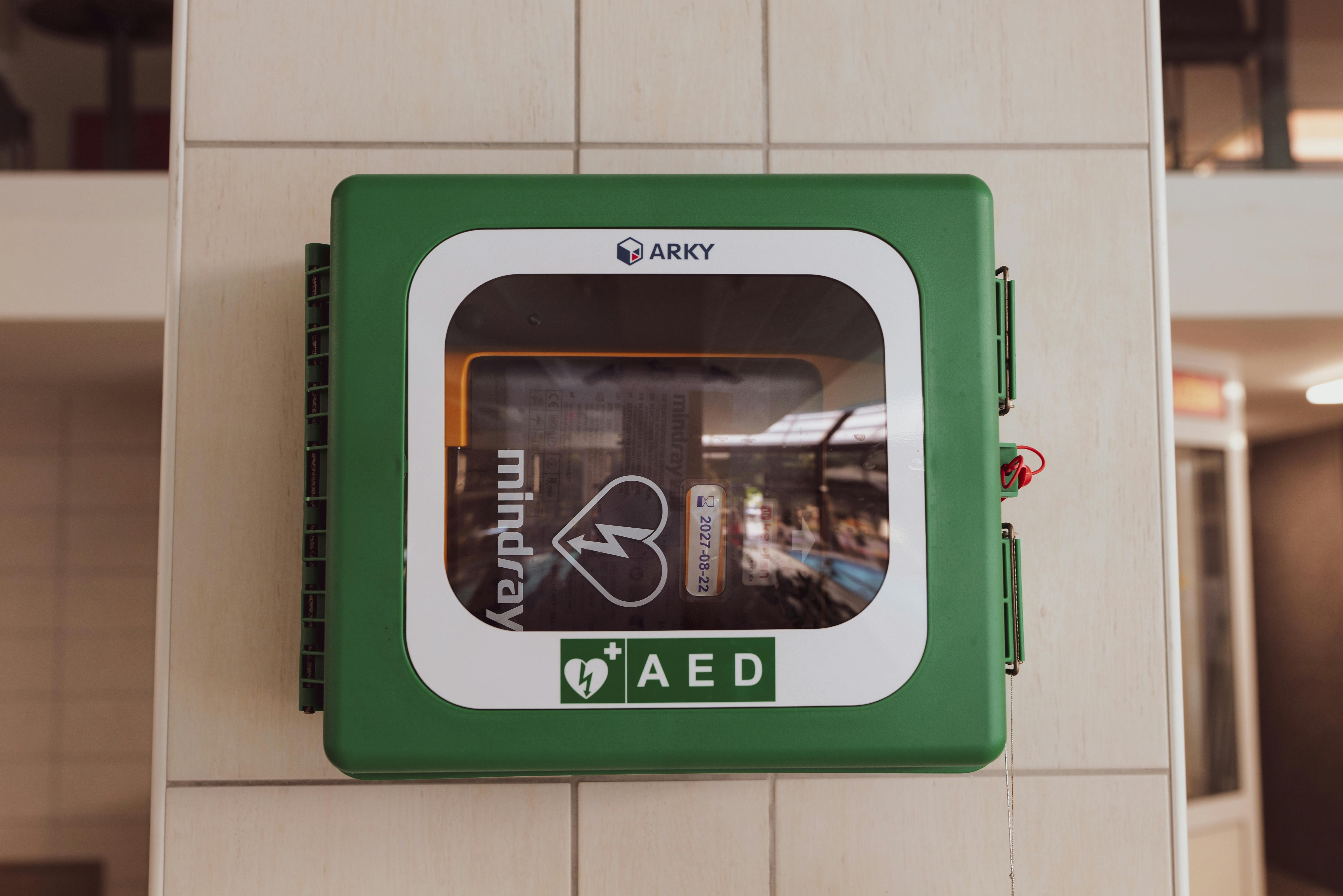HEARTS Act Signed into Law: A Game-Changer in Cardiac Safety for Schools
On December 26, 2024, the HEARTS Act (Cardiomyopathy Health Education, Awareness, Research, and Training in Schools) became law, marking a pivotal step in the fight against sudden cardiac arrest (SCA). Signed by President Biden, this bipartisan legislation prioritizes cardiac health in schools and childcare centers, focusing on equipping institutions with life-saving tools and training.
This law reflects the growing recognition that cardiac emergencies, often sudden and life-threatening, demand preparedness at every level. Here’s why the HEARTS Act matters and how it can shape a safer future.
What Is the HEARTS Act?
The HEARTS Act focuses on:
- Access to AEDs (Automated External Defibrillators): Ensuring schools are equipped with these critical devices for emergency intervention during sudden cardiac arrest.
- CPR Training: Empowering staff and students with the skills needed to respond to cardiac emergencies quickly and effectively.
- Emergency Action Plans: Supporting the development of protocols to handle cardiac events with precision and speed.
- Federal Grant Program: Helping schools secure the resources needed to implement these measures without financial strain.
These provisions represent a comprehensive approach to addressing cardiac emergencies where they can happen: at school, during sports, or in everyday activities.
The Bigger Picture
Sudden Cardiac Arrest in Young Populations
While SCA is more common in older adults, it can and does occur in younger populations. For children and teenagers, SCA is often linked to undiagnosed heart conditions. Early defibrillation and CPR can double or even triple survival rates—a compelling reason for schools to be equipped and prepared.
Education as Prevention
Introducing CPR training and AED awareness in schools has a ripple effect. It prepares students and staff to save lives and fosters broader community awareness of cardiac health and emergency response.
Closing the Gap in Response Times
In cardiac emergencies, seconds matter. Immediate access to AEDs and trained responders within schools can bridge the critical gap between the onset of SCA and the arrival of emergency medical services.
Building on Progress
While the HEARTS Act emphasizes preparedness, cardiac care is a continuum that extends beyond emergencies. Advancing long-term strategies for heart health can amplify the impact of such legislation.
Investing in Education
- Incorporate heart health education into school curricula to teach young people the importance of monitoring and managing their cardiac health.
- Encourage regular screenings and awareness of risk factors, particularly for youth involved in athletics.
Community Engagement
Schools can host community-wide CPR and AED training sessions, ensuring parents and residents are also prepared to respond to cardiac events.
Leveraging Technology
Emerging technologies, such as remote monitoring and data-driven insights, can help manage and predict cardiac conditions. This allows for ongoing care and reduces the likelihood of emergencies in vulnerable individuals.
At PaceMate, our mission is to modernize healthcare and enable personalized, connected care. Like the HEARTS Act, we believe in empowering communities with tools and knowledge to save lives. Our platform provides real-time insights and actionable alerts, ensuring proactive cardiac care that complements this legislation’s goals.
Compassion drives us, innovation fuels us, and excellence defines us. Together, these values support our shared vision of reducing the devastating impact of cardiac emergencies.
